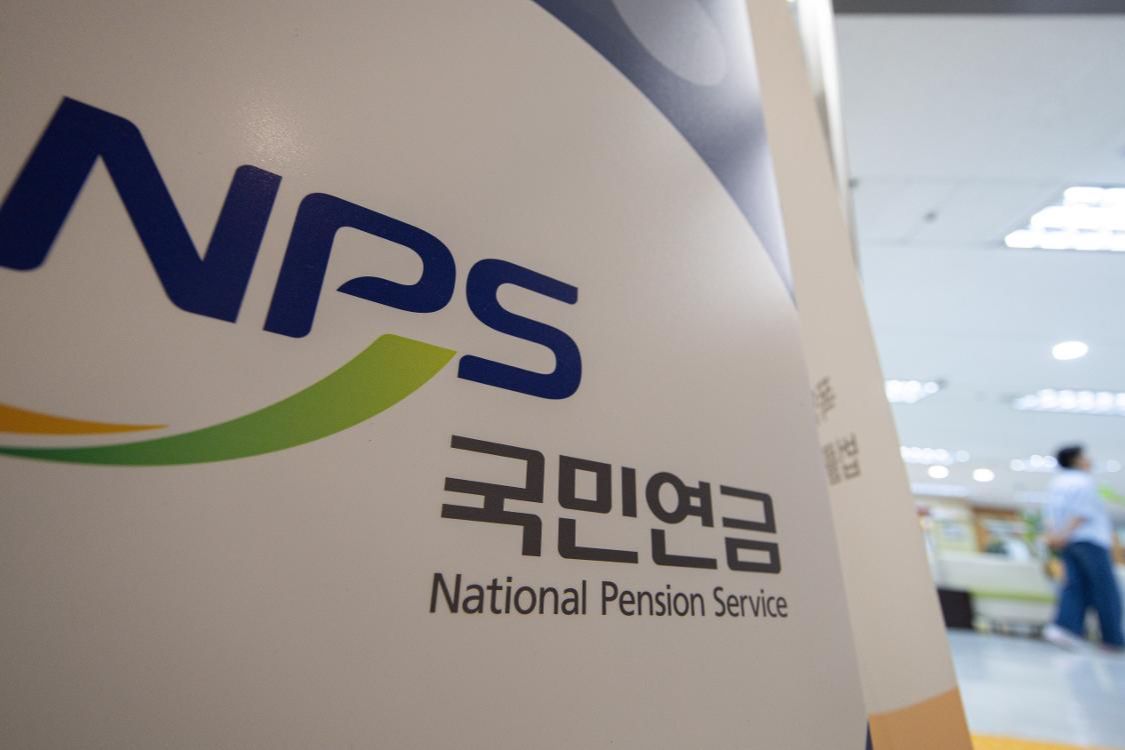South Korean Salaried Workers Voice Dismay as Welfare Benefits Surpass Mandatory Pension Payouts
 South Korea
Social Welfare
South Korea
Social Welfare

Salaried workers in South Korea are dismayed as social welfare benefits for low-income households now exceed average National Pension Service (NPS) payouts. The
South Korean Salaried Workers Raise Concerns Over Welfare Benefits Exceeding Pension Payouts
Salaried employees in South Korea are expressing growing frustration and disbelief as social welfare benefits for the nation's most vulnerable households are beginning to exceed the average monthly payouts from the mandatory National Pension Service (NPS). This trend has sparked a debate about the fairness and long-term viability of the country's social security system.
A Growing Disparity and Public Discontent
Kim Ji-hoon, a 41-year-old office worker in Seoul, articulated his astonishment at the figures. Having diligently contributed to the NPS for 17 years, he finds it "unsettling" that individuals who haven't made any contributions could potentially receive more in monthly income than his anticipated pension. While acknowledging the importance of welfare programs for the underprivileged, Kim questions the integrity of a system where decades of compulsory contributions don't guarantee a better post-retirement financial standing than state-supported low-income groups.
Another Seoul-based professional, Lee Jae-ha, echoed these sentiments, highlighting the discouraging economic climate where the cost of living continues to climb while paychecks remain stagnant. Lee points out the paradox where mandatory NPS contributions are deducted as withholding tax, leaving workers no option to opt out, yet the system's payouts are being outpaced by social benefits that are increasing at a significantly faster rate.
The Numbers Behind the Frustration
Recent data from the NPS and health ministry confirms these concerns. As of July, the average monthly NPS payout stood at 679,924 won (approximately $459). In stark contrast, the monthly government allowance for the country's poorest single-person households, those without income or assets, was higher at 765,444 won. The disparity is set to widen further, with the allowance projected to increase to 820,556 won next year, while pension payouts are expected to rise only marginally to just over 700,000 won.
This widening gap is attributed to the differing growth rates of the two systems. Social welfare programs, bolstered under both former President Yoon Suk Yeol and current administrations, have seen monthly allowances for the poorest single-person households increase by 7 to 14 percent. The NPS, however, has seen its payouts rise by a mere 1 to 3 percent, tethered to the inflation rate. With over 7.26 million people receiving monthly NPS benefits as of July, the discontent among contributing salaried workers, who feel their financial security is being undermined, is becoming increasingly palpable.